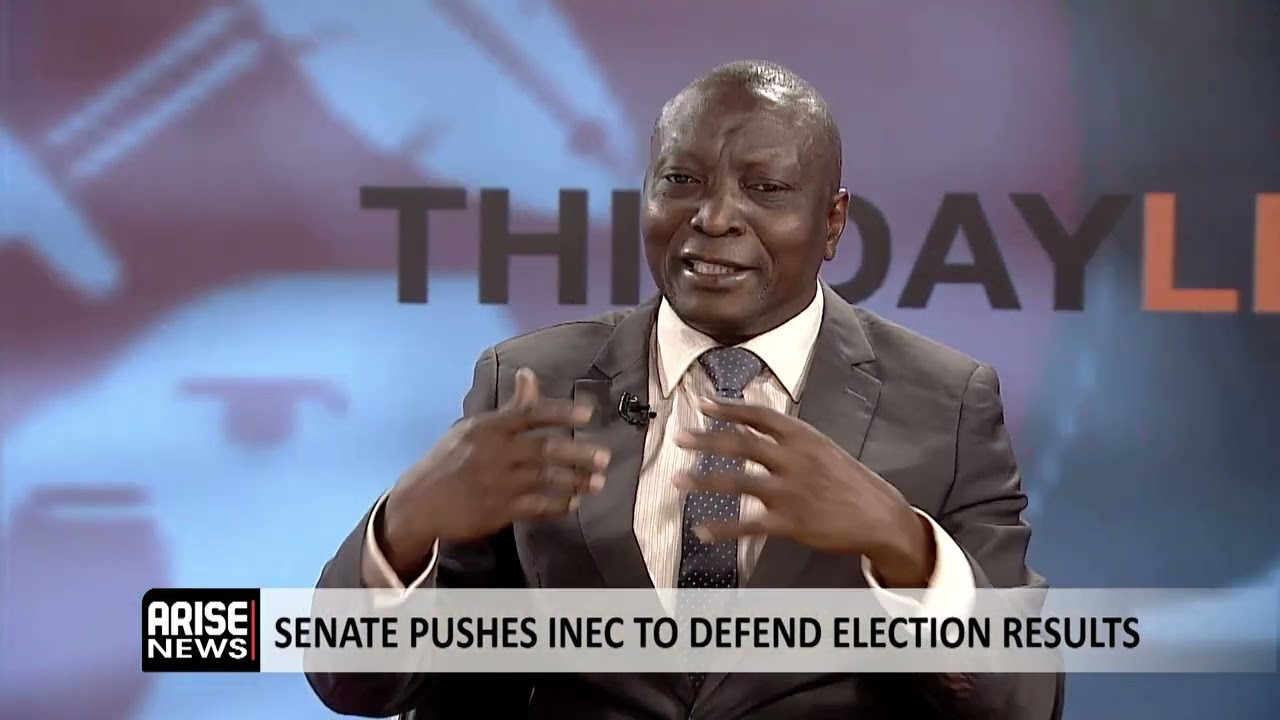
Legal Practitioner and National Development Advocate, Jide Ologun, has warned that Nigeria cannot afford any form of military takeover, stressing that the government must instead address insecurity, economic hardship, and the welfare of citizens in line with the constitutional mandate of leadership.
Speaking on ARISE News on Sunday, Ologun reacted to recent discussions around a reported reshuffling of service chiefs, public concern over rumours of a coup, and wider governance issues. He said the President must act decisively to strengthen national security while also tackling socioeconomic challenges that fuel public discontent.
“When the rumour came that there was a planned coup, it sounded like a joke. But with the recent changes in the service chiefs, it seems to have gained some weight. If there is anything we don’t need right now in Nigeria, it is a coup d’état,” he warned.
Ologun urged the government to go beyond security reform to tackle issues such as oil theft and illegal mining, which he described as direct threats to the country’s stability and prosperity.
“While working on the security architecture, the President should also extend attention to other critical issues like oil theft and illegal mining. Section 14(2)(b) of the 1999 Constitution is clear — the security and welfare of citizens shall be the primary purpose of government,” he stated.
Turning to Nigeria’s housing crisis, Ologun cautioned against the hasty implementation of rent control policies, noting that the country’s weak economy and high cost of building materials make such laws difficult to enforce.
“I agree that it will be difficult to implement any law attempting to fix rent at this time. However, government must still pursue affordable housing as captured in Section 16(2)(d) of the Constitution,” he said, recalling how former Lagos Governor Lateef Jakande built homes for low-income citizens.
On the proposed amendment to shift the burden of proof in electoral petitions to the Independent National Electoral Commission (INEC), Ologun described it as “a slippery slope.”
“INEC has not yet earned the trust capital to be both umpire and witness. Rather than shifting the burden of proof, we should focus on punishing electoral offences, enforcing mandatory deployment of election technology, and ensuring accountability,” he explained.
He also criticised proposals to move the conduct of local government elections from state electoral bodies to INEC, warning that such changes would only succeed if the electoral commission rebuilds public trust.
Ologun expressed concern over recent developments in Cameroon, where 92-year-old President Paul Biya continues to hold onto power despite widespread discontent, saying such political rigidity often sets the stage for instability.
“Paul Biya has been in power since 1982. Even his own daughter has urged people not to vote for him. When leaders cling to power despite public discontent, they create conditions that invite coups,” he cautioned.
Drawing lessons for African leaders, he added:
“Africa must begin to learn that the essence of leadership is to enhance the welfare of citizens, not to hold on to power. Until that lesson is learned, instability will persist across the continent.”
Ologun concluded by urging Nigeria’s law enforcement agencies to avoid being seen as instruments of oppression and to work for justice, fairness, and service delivery to all citizens.
“Government agencies, particularly law enforcement, must not be perceived as appendages of the executive. Until justice and equity are upheld, we will not fully realise the national motto — unity, faith, peace and progress,” he said.
Boluwatife Enome

